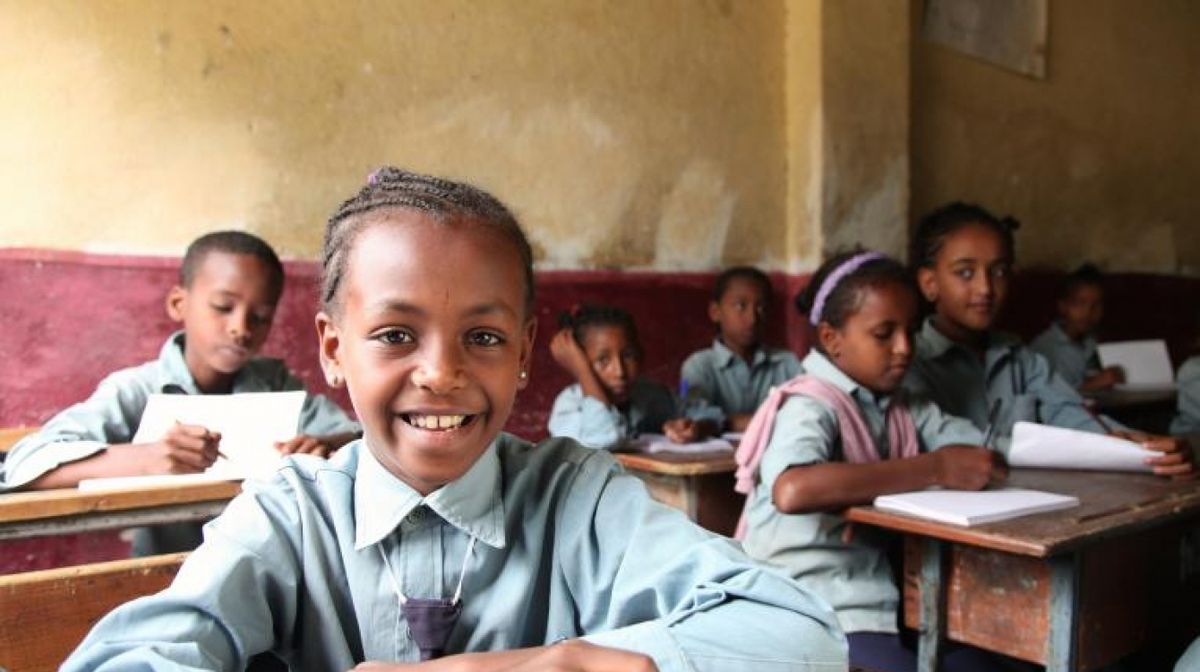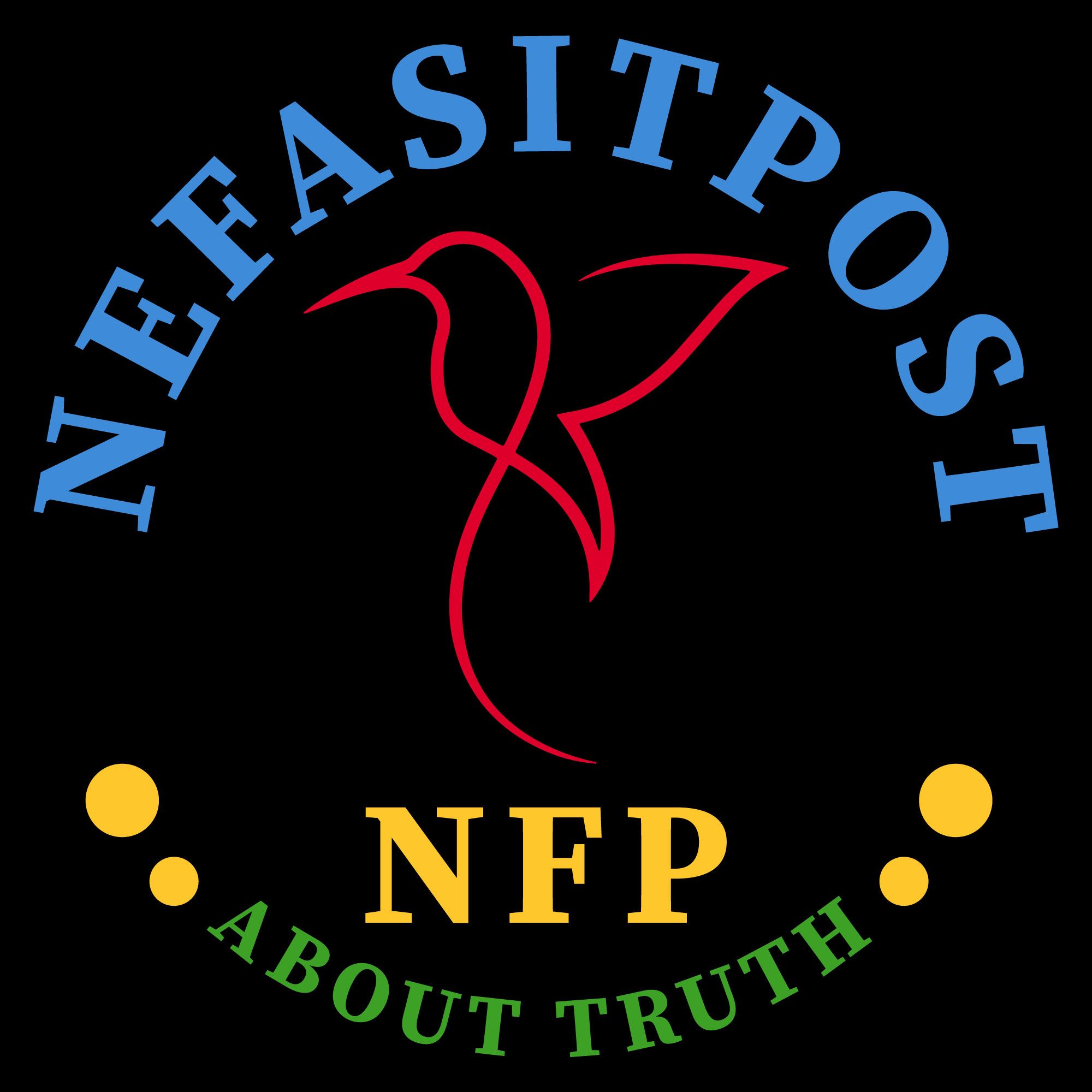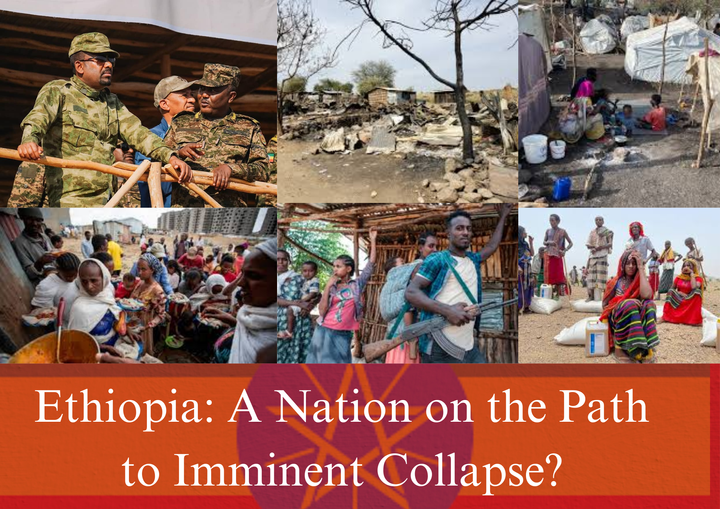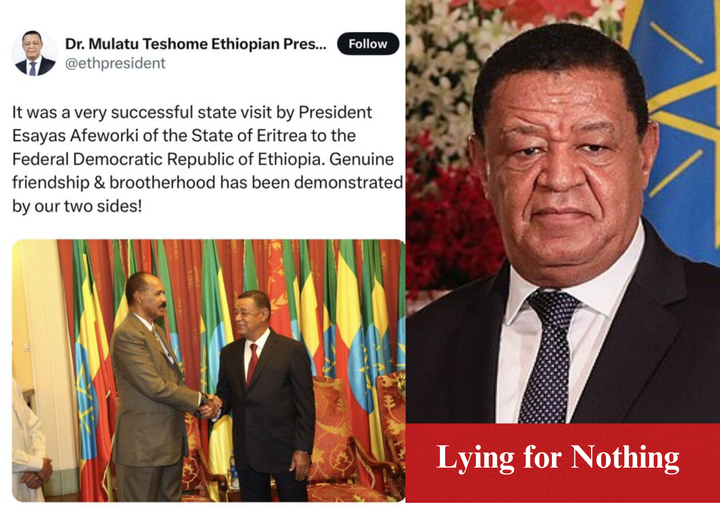Eritrea: A Nation of Resilience & Achievement-Celebrating 32 Years of Independence & Progress Despite Sanctions & War
Eritrea is celebrating its 32nd independence anniversary after defeating the TPLF & enduring sanctions & wars. Despite these hardships, Eritrea has achieved remarkable feats in literacy, heritage, security, diplomacy, agriculture, & mining.

Amanuel Biedemariam
This year, Eritreans are celebrating their 32nd year of independence. This year's celebration is even more meaningful because it follows a significant win against the TPLF, a group that threatened Eritrea's sovereignty and security for many years. In a swift and decisive military campaign, Eritrea and Ethiopia's joint forces defeated the TPLF, which had the support of the US and other Western powers.
Eritreans also endured years of economic hardships due to US-imposed sanctions and other pressures that forced many of them to flee their homeland in search of better opportunities.
Despite these challenges, Eritreans have remained resilient and proud of their nation and culture. They celebrated every independence with joy and gratitude, honoring their martyrs and heroes who sacrificed their lives for their freedom
The sanctions imposed on Eritrea by the US and its allies devastated the country’s development and well-being. Educational facilities were forced to work with bare essentials, lacking the necessary resources and equipment to provide quality education to the students. Importing servers for schools was banned, preventing Eritrea from accessing the internet and the vast knowledge and opportunities it offers.
The banned pharmaceuticals meant that Eritrea could not treat its sick and vulnerable population, exposing them to preventable diseases and suffering.
They worked very hard to disconnect Eritrea from the modern technological world, isolated and marginalized by the international community.
Our farms suffered because we couldn’t import farm equipment and machinery, hampering our agricultural productivity and food security. Everything a society needed to survive was banned with one of the most stringent sanctions a nation could face, making Eritrea’s existence a struggle and a miracle.
In addition, Eritrea had to bear the burden of sanctions and embargo alone, as there was no significant power or regional ally to assist in easing the issues caused by these actions. Despite appeals and objections from Eritrea, the UN Security Council's punitive measures were allowed to pass due to the veto power of Russia and China, who chose to abstain.
Ethiopia and Djibouti received support from the Arab League, consisting of countries like Saudi Arabia, Egypt, and Sudan, in their efforts to impose sanctions on Eritrea. Despite Eritrea's valid concerns and interests, leaders like Yoweri Museveni, Uhuru Kenyatta, and Salva Kiir publicly backed Ambassador Susan Rice's plan of imposing some of the harshest sanctions ever imposed on an African nation.
The Eritrean community living abroad faced challenges in investing in their home country and sending money to their loved ones due to the global ban on Eritrea from using the Swift System for financial transactions.
The reputation of Eritrea was deliberately damaged and criticized in order to present a negative image of the country to the world. This tactic was used as a means to justify the pursuit of regime change in Eritrea. Among African countries, Eritrea faced particularly harsh criticism in order to provide a basis for punitive measures and support for a regime change similar to that which occurred in Libya.
Eritrea, a pious nation that respects all religions, was vilified as a nation that denies religious freedom, violating the rights and beliefs of its citizens.
Eritreans who were forced to defend their nation due to the TPLF’s brazen rejection of the rule of law, forcing Eritreans to be on the defensive for two decades, thus denying Eritrea a workforce and human resources necessary to build a nation, were vilified as slaves and conscripts.
Eritrea was labeled the North Korea of Africa, making the world fearful of visiting Eritrea and denying Eritrea income from tourism when Eritrea is one of the most attractive and historical destinations of the Red Sea and Africa. The people of Eritrea were denied jobs and income from tourism, depriving them of economic opportunities and development.
Despite all the hardships Eritreans faced, such as sanctions, embargo, and war, Eritrea has achieved remarkable feats in various fields of human development. Eritrea has focused on the basics, such as reducing child mortality, taking care of mothers, and providing education and health care to its people.
One of the indicators of a country’s development and well-being is its literacy rate, which measures the ability of people to read and write at a basic level. Literacy is important for many reasons, such as supporting economic growth, empowering people, and contributing to sustainable development.
Despite facing numerous challenges and obstacles throughout its history, Eritrea has made impressive strides in improving the literacy levels of its population. UNESCO reports that Eritrea's adult literacy rate stands at 76.57%, surpassing the Sub-Saharan African average of 65%. Additionally, the country boasts a youth literacy rate of 91%, a significant achievement recognized by UNESCO as one of the most notable in the past 50 years.
Eritrea has also made a name for itself on UNESCO's world heritage site map by preserving its diverse cultural and historical heritage.
Eritrea has established one of the most significant military institutions on air, sea, and land in one of the world's most hostile regions, safeguarding its sovereignty and security against external threats.
Eritrea was a pioneer of multipolarity, forging relationships with various countries and regions based on mutual respect and cooperation before the concept was widely accepted. Eritrea has worked towards regional integration to benefit the nations in the region by promoting peace and stability in the Horn of Africa.
Eritrea has built numerous dams to bolster the agricultural sector and eliminate subsistence farming by enhancing its water resources and irrigation systems.
Eritrea has transformed from a nation isolated from the rest of the world to a central nation in the Horn of Africa by playing a constructive role in regional and international affairs. The country has also become one of the most important strategic players in the geopolitical changes of the world, leveraging its strategic location and natural resources to its advantage.
As one of the countries in the Arabian Nubian Shield, Eritrea is systematically and methodically exploiting its resources by developing its mining sector and attracting foreign investment.
In conclusion, Eritrea is a nation that has overcome significant challenges and barriers in its history and has made impressive progress in various areas of human development. The country has made remarkable advancements in improving its literacy rates and has transformed its communities through literacy. Eritrea has also maintained its cultural and historical heritage, safeguarded its sovereignty and security, formed relationships with various countries and regions, promoted peace and stability in the region, enhanced its water resources and irrigation systems, played a constructive role in regional and international affairs, and developed its mining sector while attracting foreign investment. Eritrea's resilience and accomplishments deserve to be celebrated as it marks its 32nd anniversary of independence.
For further information on the Horn of Africa, Eritrea, and its accomplishments, please visit Nefasitpost.com and subscribe for the latest updates. Additionally, you can assist my efforts by donating through the designated button or PayPal. This support will enable me to deliver high-quality content and promote awareness about Eritrea and the region. Thank you for your interest and generosity towards this cause.



Comments ()